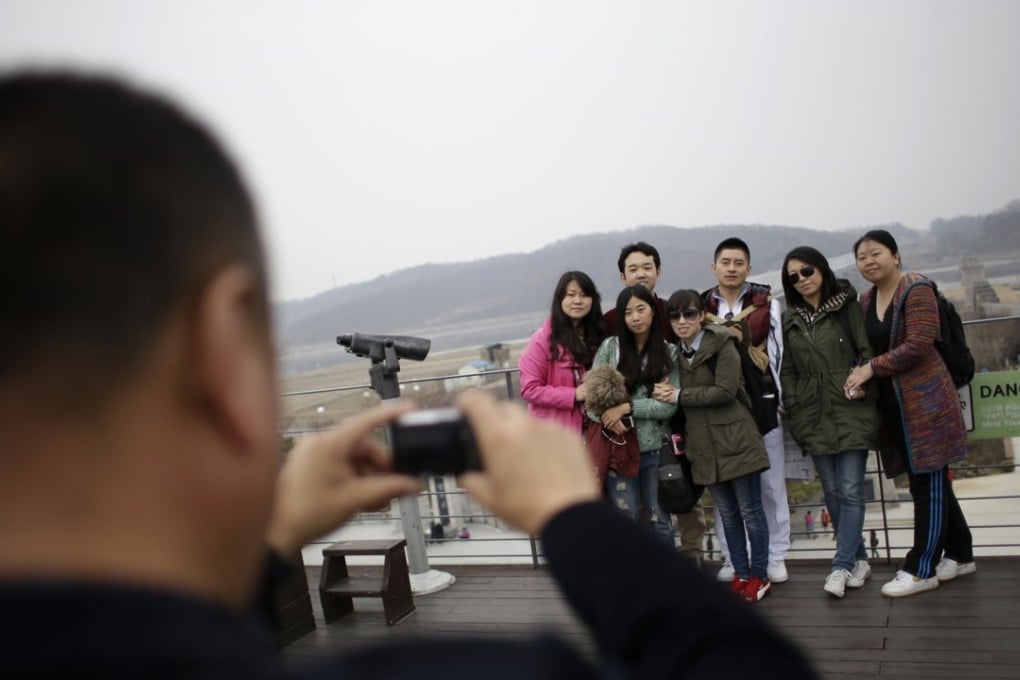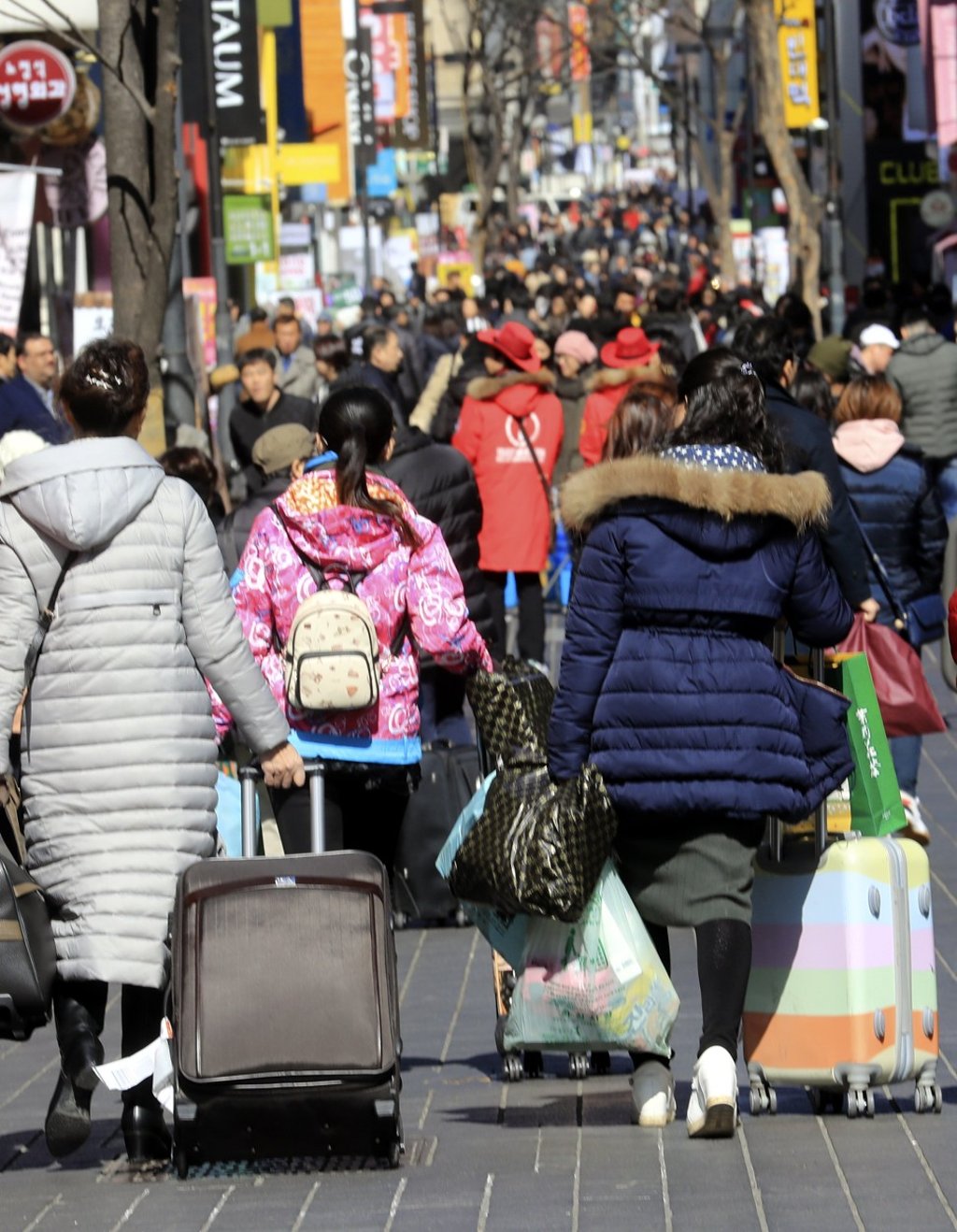China’s beef with Korea: the link between halal food and THAAD
South Korea’s response to a ban on Chinese tour groups has given its Muslim visitors something to chew on

South Korea’s decision to deploy the US antiballistic missile system known as THAAD has soured its relations with China and dealt a body blow to its tourism industry, but the government has sprung upon an unusual solution to the problem – halal food.
Beijing’s retaliation for the THAAD deployment has included a ban on tour groups to the South that has hit the Korean tourism industry hard. Of the 1.1 million tourists who visited South Korea in March 2016, more than 500,000 were Chinese; last month that number collapsed to 263,788. The Korean government hopes to recoup these losses by appealing to Muslim tourists.
Opinion: Why China’s shadow boycott of South Korea is self-defeating
“The relationship between South Korea and China is not good,” said Joseph Han, project coordinator at the Korea Halal Industrial Association. “But the South Korean government is expecting 1.2 million Muslim travellers to come to Korea on tours, so [companies] are preparing halal infrastructure to attract Muslim travellers.”
The numbers are encouraging. There are 1.7 billion Muslims worldwide, about 822 million of whom live nearby in Asia Pacific nations, compared to 1.4 billion Chinese, over 96 per cent of whom live in mainland China and are subject to Beijing’s travel restrictions.

But Korea will have its work cut out – the four most populous Muslim nations – Indonesia, India, Pakistan and Bangladesh – accounted for only about 17,000 tourists last month. Add to that the roughly 28,500 Malaysian tourists who came and the total is still only 45,500, and of course, not all these were Muslim.